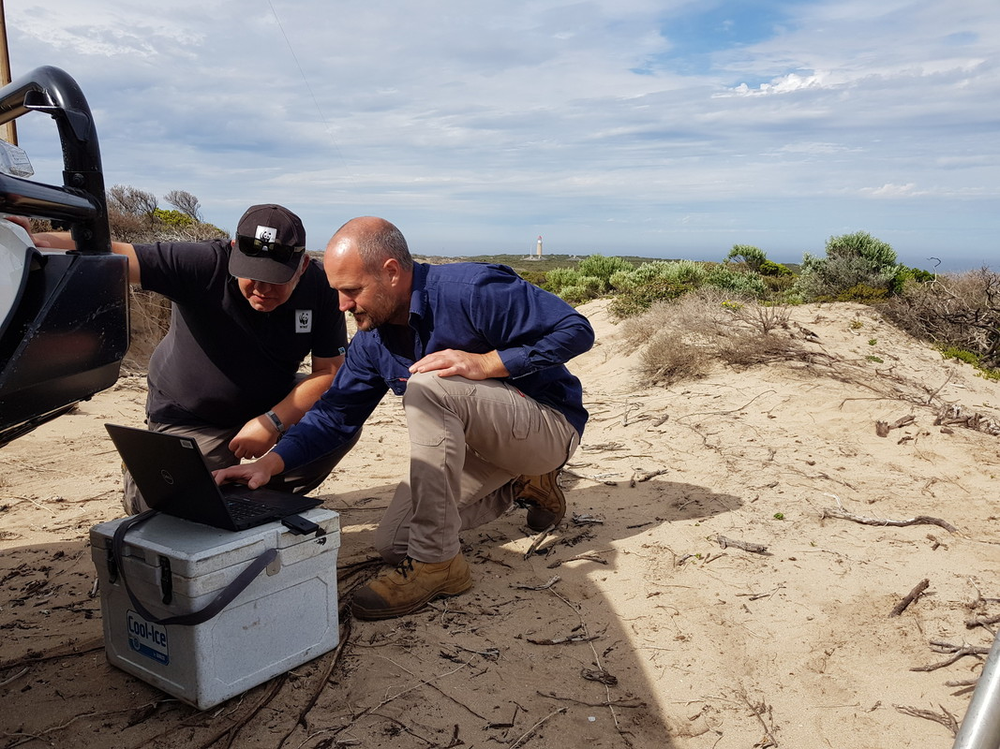Editor’s note: Welcome to A Matter of Impact, Google.org’s monthly digest, where we highlight what the team’s been up to and spotlight some of the incredible nonprofits and Google.org Fellows helping solve some of society’s biggest challenges through technology and innovation.
It didn’t take long for the effects of COVID-19 to reveal a devastating, but predictable, truth: the pandemic has had an outsized impact on marginalized groups, especially people of color. At Google.org, we aim to bring the best of Google to support underserved communities. So when we made a $100 million grant and 50,000 pro bono hour commitment to support COVID-19 relief, we focused our efforts on addressing the compounding racial and social inequities of this crisis.
As we join forces to fight this pandemic, we must put equity at the center of our response and lift up our most vulnerable communities. Here you’ll find updates about our work that’s at the intersection of COVID-19 relief and equity and two themes that remain top priorities for us.
Equitable distribution of vaccines and health information
Data shows that COVID-19 affects people of color at much higher rates: about 71% percent of Black Americans and 61% of Hispanic Americans know someone who has died or been hospitalized from the virus compared to 48% of white Americans. Yet data also shows that Black Americans are getting vaccinated at lower rates than their peers. That’s why we have a team of Google.org Fellows working full-time with the Satcher Health Leadership Institute at Morehouse School of Medicine to help create a Health Equity Tracker to map and contextualize COVID-19 health disparities in communities of color throughout the U.S. We’re also committing $5 million in grants to organizations addressing racial and geographic disparities in COVID-19 vaccinations.
Support for minority-owned small businesses
Turning to the economy, reports have shown that 41% of Black-owned businesses — about 440,000 businesses — have shuttered due to COVID-19 compared to 17% of businesses owned by white people. To support minority business owners through the pandemic, we’ve supported Common Future with grant funding to provide capital and technical assistance to 2,000 women and minority small-business entrepreneurs in the U.S. We’ll also provide opportunities for Google volunteers to assist them with skill-based coaching and mentoring.
Read the rest of our Google.org updates below.
In case you missed it
Yesterday, leading academic organizations with support from a team of Google.org Fellows, shared the launch of Global.health, a data platform that helps model the trajectory of COVID-19 and future disease. Last month, we launched a Google.org Impact Challenge to help bridge the digital divide in Central and Eastern Europe, and announced $3 million in grants to help underserved communities in Kenya during a virtual summit with Sundar Pichai, CEO of Google and Alphabet, and H.E. Uhuru Kenyatta, President of the Republic of Kenya.Hear from one of our grantees: Common Future
Rodney Foxworth is the CEO of Common Future, a network of leaders helping to build an economy that includes everyone. Last spring, Common Future received a $5 million Google.org grant to provide capital and technical assistance to women and minority small business entrepreneurs in the U.S.

Rodney Foxworth is the CEO of Common Future, a Google.org grantee.
“As we think about long-term COVID-19 recovery, we need to stabilize and uplift small businesses. Common Future, with support from Google.org, has been able to give grants to over 30 organizations that do just that. These entrepreneurial-support organizations (ESOs) that we supported serve roughly 2,000 small businesses across the U.S. — 76% of these organizations are run by people of color and 62% are run by women — and center on inclusive lending models. For example, a few organizations that we work with are pioneering character-based lending models, as many business-owners of color are excluded from the traditional banking sector due to traditional credit and collateral requirements.”
A few words with a Google.org Fellow: Colin Jackson
Colin Jackson is a product manager who recently completed a Google.org Fellowship with Satcher Health Leadership Institute (SHLI) at Morehouse School of Medicine.

Colin Jackson is a Google.org Fellow with Satcher Health Leadership Institute at Morehouse School of Medicine.
“I grew up Black in America, but I was raised by a white family. This gave me a unique perspective on health inequity. I spent a lot of time in hospitals as a child since my little sister was diagnosed with cancer when she was two years old. In the midst of that pain I very quickly became aware of the different ways I was treated in medical spaces when I was alone compared to when I was with my family. Helping develop SHLI’s Health Equity Tracker was such a natural fit for me, and the experience was deeply rewarding. I felt like I was returning to those hospitals I spent so much time in as a child, but this time with the power to make a difference.”









